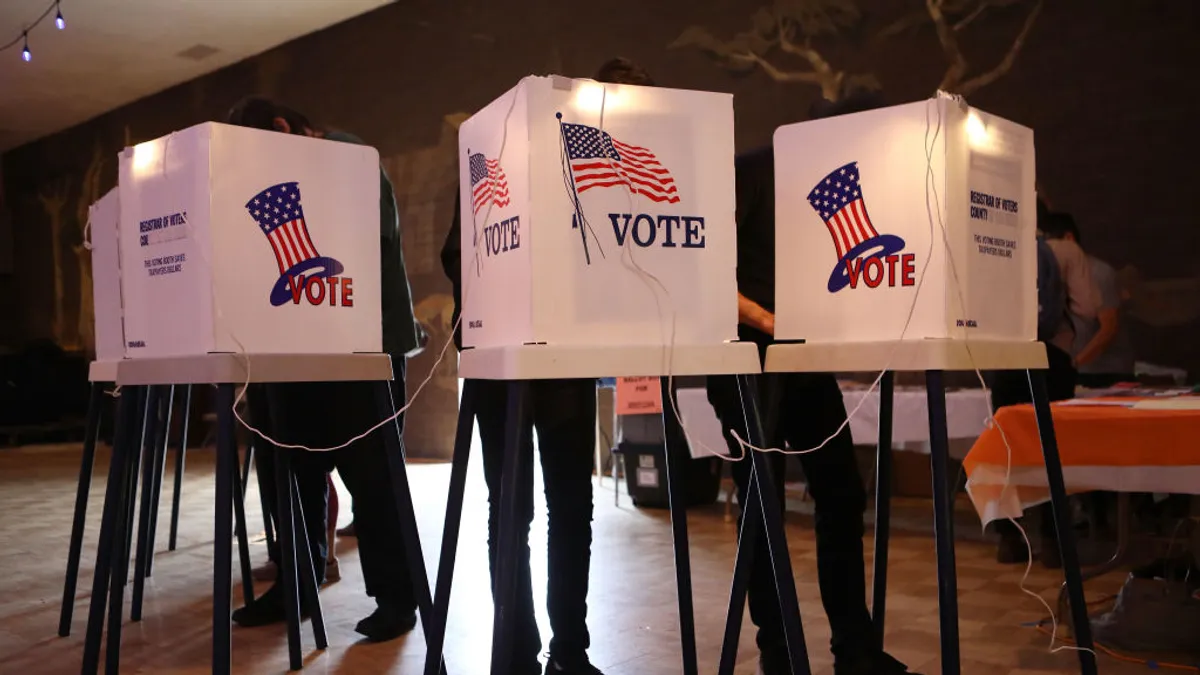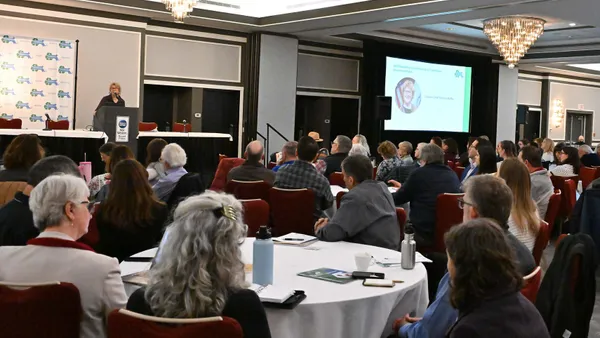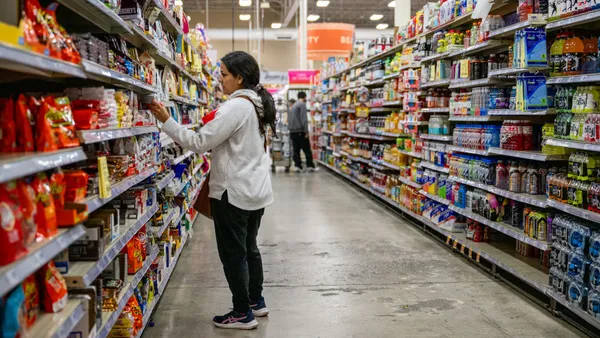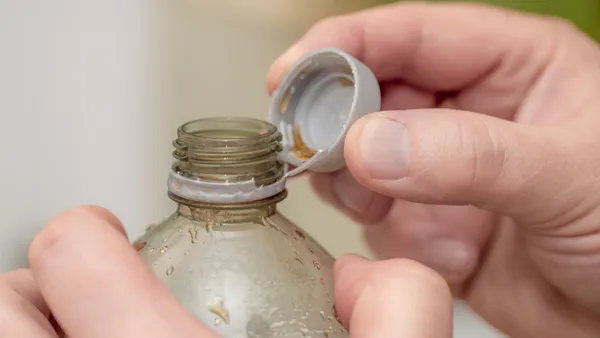Quick Facts
Phoenix
-
Diversion Rate:
30%
-
Diversion by 2020:
40%
-
Goal for 2050:
Zero waste
A strong culture:
Arizona law prohibits Phoenix from mandating recycling, yet 90% of residents recognize it is important.
Key partnership:
Phoenix is working with Arizona State University to host a business incubator for startups that want to innovate waste management practices.
Since 2013 when Phoenix Public Works (PPW) launched "Reimagine Phoenix," the city has been making steady improvements in how it handles solid waste.
But this year, the initiative took off.
The city's diversion rate jumped 10%; it entered partnerships and launched competitions to address solid waste issues; and started recognizing businesses that are voluntarily recycling. Taken together, these initiatives show a city that's taking transformative steps to hit its "zero waste" goals.
Phoenix introduced nine recycling drop-off stations, continued its biosolids program, increased participation in a Recyclebank rewards program and increased recycling at the airport this last year. Altogether, in 2017, the diversion rate jumped to 30% — putting the city in a better position to reach its goal of 40% diversion by 2020.
"We are a completely voluntary program. We do not tell our citizens they have to participate [in recycling]," Assistant Public Works Director Joe Giudice said. "As a matter of fact, state law prohibits the City of Phoenix from doing that."
According to Giudice, surveys in the city have shown 90% of residents recognize that recycling is important and worth engaging in. Of the 400,000 households serviced by PPW, 86% have ordered recycling bins.
Data
Phoenix, AZ has significantly improved its diversion rate this past year
Data from City of Phoenix Public WorksThe city entered two key partnerships in 2017 that could affect its solid waste sector, too. Cisco Systems, the Institute for Digital Progress, US Ignite and Cox Communications partnered with Phoenix to host a "hackathon" in January to generate new "zero waste" ideas.
Arizona State University (ASU) partnered with Phoenix to create the Resource, Innovation and Solutions Network Incubator in June. The incubator will provide access to a variety of resources, including mentorship, connections to industry stakeholders and business training to selected startups.
Phoenix officials are also making concentrated efforts to recognize businesses who voluntarily participate in — and pay for — recycling, since it isn't a compulsory service in the city. Recognized businesses receive additional sustainability training from the city and are allowed to promote their recycling credentials.
Going forward, city officials are focused on pursuing continuing partnerships and educating residents. Giudice said, for example, that the city is looking to partner with other cities or private entities to improve organics diversion in the area.
"Yes we're focused on our own diversion, but we're also focused on how we can help diversion in the entire community," he said.
Giudice said the city is also working to educate three types of recyclers:
- The "over-recyclers," who add things to their bins that can't actually be recycled.
- Recyclers who haven't been educated on what kinds of things they can add to their bin and so they maybe don't recycle much.
- "Under-recyclers," who might be apathetic about the whole thing.
Giudice said he has a strategy for getting more people to recycle in Phoenix.
"Appeal to their sense of participation in the community," Giudice said. "We're trying to appeal to them in terms of, 'hey, you're a part of this, too.'"
Looking Forward
Phoenix wants to hit 40% diversion by 2020 and hit "zero waste" by 2050.












